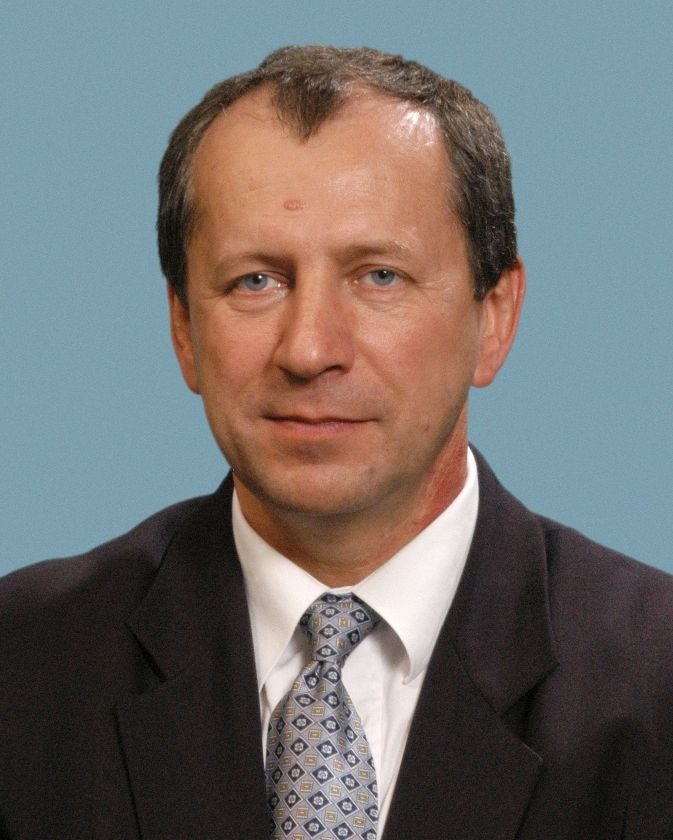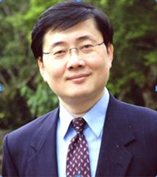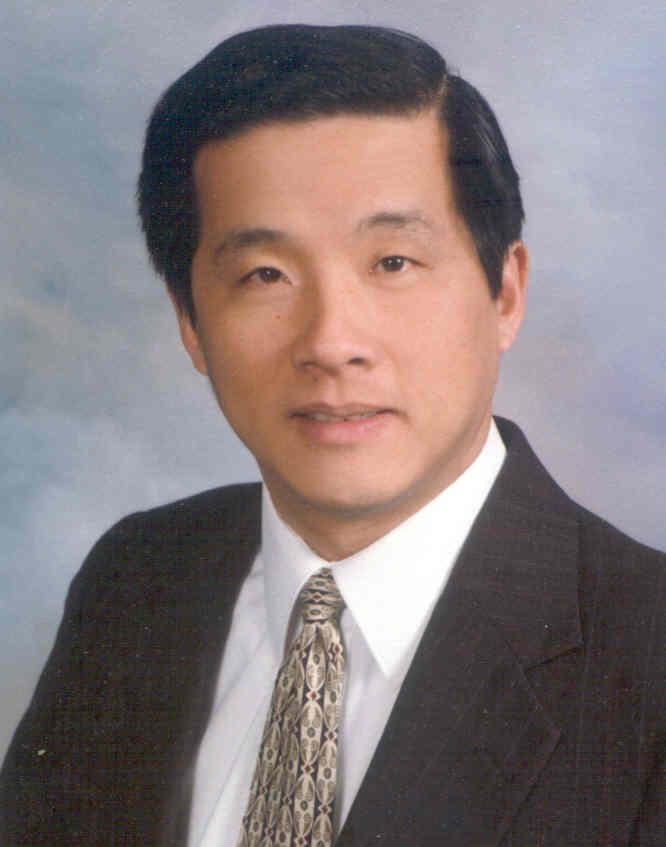Keynote Speeches
|
|
|
|
|
| Topic: | Forgetting Curve and Ant Colony Optimization algorithm |
| Abstract: |
The analysis of social networks is concentrated mainly on uncovering hidden relations and properties of network nodes (vertices). Most of the current approaches are focused mainly on different network types and network coefficients. On one hand, the analysis can be relatively simple and on the other hand more complex approaches to network dynamics can be used. In this lecture we introduce a novel social network analysis based on the so-called Forgetting Curve and Ant Colony Optimization (ACO) algorithm. We analyze a co-authorship network and identify two types of ties among its nodes. The Forgetting Curve and ACO are used to model the dynamics of such a network. |
| Biography: |
Vaclav Snasel is Professor of Computer Science. He works as researcher and university teacher. He is Dean Faculty of Electrical Engineering and Computer Science. |
|
|
|
|
|
| Topic: | The study for Utilizing Organic Computing to Construct a Ubiquitous Wireless Network |
| Abstract: |
Organic Computing is a computing form with similar human organic biologically properties. It can be self-adaptive for any condition. As the rapid progress in information network, the people are surrounded by all kinds of information. Besides specific expert, common user is unable to fully understand this information has according to oneˇ¦s wishes. In order to solve this problem, we must develop a computation form for people's need which posses the elasticity and automatic operation, we call it "organic computing". Any system with these properties, we call it an "organic computing system". Hence, an "Organic Computing System" is a technical system, which adapts dynamically to the current conditions of its environment. |
| Biography: | Han-Chieh Chao is a joint appointed Full Professor of the Department of Electronic Engineering and Institute of Computer Science & Information Engineering of National Ilan University, I-Lan, Taiwan, R.O.C. where he is also serving as the president. He was appointed as the Director of the Computer Center for Ministry of Education starting from September 2008 to July 2010. His research interests include High Speed Networks, Wireless Networks, IPv6 based Networks, Digital Creative Arts and Digital Divide. He received his MS and Ph.D. degrees in Electrical Engineering from Purdue University in 1989 and 1993 respectively. He has authored or co-authored 4 books and has published about 280 refereed professional research papers. He has completed 100 MSEE thesis students and 3 PhD students. Dr. Chao has received many research awards, including Purdue University SRC awards, and NSC research awards (National Science Council of Taiwan). He also received many funded research grants from NSC, Ministry of Education (MOE), RDEC, Industrial Technology of Research Institute, Institute of Information Industry and FarEasTone Telecommunications Lab. Dr. Chao is the Editor-in-Chief for IET Communications, Journal of Internet Technology, International Journal of Internet Protocol Technology and International Journal of Ad Hoc and Ubiquitous Computing. Dr. Chao has served as the guest editors for Mobile Networking and Applications (ACM MONET), IEEE JSAC, IEEE Communications Magazine, Computer Communications, IEE Proceedings Communications, the Computer Journal, Telecommunication Systems, Wireless Personal Communications, and Wireless Communications & Mobile Computing. Dr. Chao is an IEEE senior member and a Fellow of IET (IEE). He is a Chartered Fellow of British Computer Society. |
|
|
|
|
|
| Topic: | CULTURAL-BASED PARTICLE SWARM OPTIMIZATION FOR MULTIOBJECTIVE OPTIMIZATION AND PERFORMANCE METRICS ENSEMBLE |
| Abstract: |
Evolutionary computation is the study of biologically motivated computational paradigms which exert novel ideas and inspiration from natural evolution and adaptation. The applications of population-based heuristics in solving constrained and dynamic optimization problems have been receiving a growing interest from computational intelligence community. Most practical optimization problems are with the existence of constraints and uncertainties in which the fitness function changes through time and is subject to multiple constraints. In this study, we propose the cultural-based particle swarm optimization (PSO) to solve these problems with real-world complications. A cultural framework is introduced that incorporates the required information from the PSO into five sections of the belief space, namely situational knowledge, temporal knowledge, domain knowledge, normative knowledge, and spatial knowledge. The archived information is exploited to detect the changes in the environment and assists response to the change and constraints through a diversity based repulsion among particles and migration among swarms in the population space, also helps in selecting the leading particles in three different levels, personal, swarm, and global level. Comparison of the proposed cultural based PSO over numerous challenging constrained and dynamic benchmark problems demonstrates the competitive, if not appreciably much better, performance with respect to selected state-of-the-art PSO heuristics. |
| Biography: |
Gary G. Yen received the Ph.D. degree in electrical and computer engineering from the University of Notre Dame, Notre Dame, Indiana in 1992. He is currently a Professor in the School of Electrical and Computer Engineering, Oklahoma State University (OSU). Before he joined OSU in 1997, he was with the Structure Control Division, U.S. Air Force Research Laboratory in Albuquerque, New Mexico. His research is supported by the DoD, DoE, EPA, NASA, NSF, and Process Industry. His research interest includes intelligent control, computational intelligence, evolutionary multiobjective optimization, conditional health monitoring, signal processing and their industrial/defense applications. |


